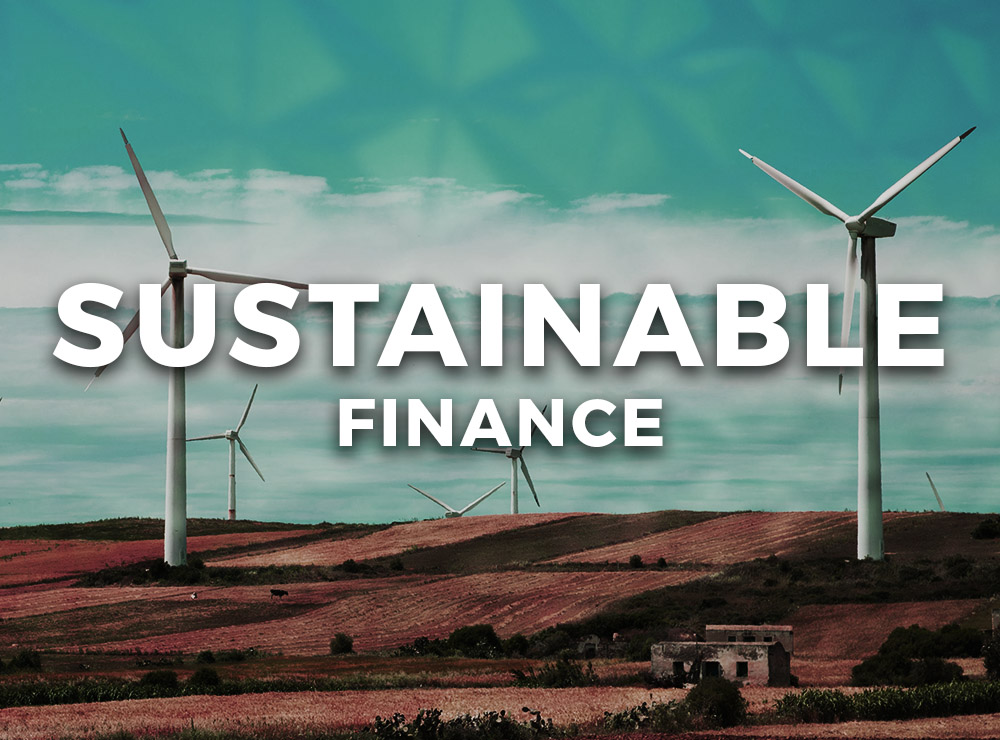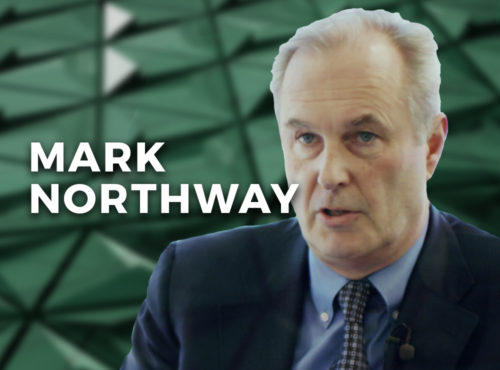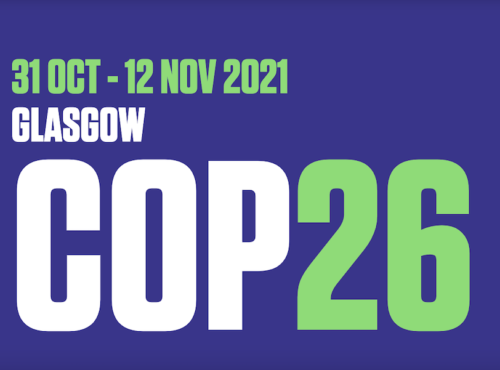
The recent Glasgow climate change conference heard eye-watering numbers on the investment needed for the world to achieve net zero emissions by 2050. The good news is that both the demand for, and supply of, sustainable investment strategies is exploding. The bad news is there is little agreement so far on how to measure the inputs and outputs.
You don’t have to go too far these days to find a banker, fund manager, insurer or regulator who is totally on board with the effort to use green investing to help decarbonise the global economy and reach zero net emissions by 2050.
At the COP26 climate conference in Glasgow, UN climate envoy and former Bank of England Governor Mark Carney stole the show with an announcement that banks, insurers and investors with $130 trillion at their disposal had pledged to put fighting climate change at the centre of their work.
And they’re going to need nearly all of that money. Carney, who assembled the Glasgow Financial Alliance for Net Zero, estimated $100 trillion in investment would be required over the next 30 years to cut greenhouse gas emissions to a level consistent with keeping the rise in the average global temperature to 1.5 degrees Celsius.
Neither is there any shortage of enthusiasm among investors themselves to help finance the energy transition. The Global Sustainable Investment Alliance, a grouping of green investing organisations around the world, recently estimated that assets under management in sustainable investment had grown 15% in two years to $35.3 trillion.
That’s the good news. The bad news is that the speed of the global adoption of environmental, social and governance (ESG) strategies has run well ahead of regulation. Specifically, there is little or no consistency in how ESG funds are defined. Neither are there globally agreed standards on ESG ratings or data providers. Lastly, how listed companies themselves report on climate-related financial disclosures differs markedly from jurisdiction to jurisdiction.
This situation is changing, as we will see, but for now fiduciaries representing clients seeking both sustainable and effective investment products are facing an uphill struggle to sort the wheat from the chaff.
Europe the epicentre of ESG
According to Morningstar, Europe is by far the dominant region globally in the growth of sustainable investment, accounting for more than 80% of flows, assets and funds in the third quarter of 2021. By comparison, the US – with the world’s biggest equity and bond markets – accounted for a mere12% of flows, 8% of assets and 4% of funds.
Helping to drive the recent explosion in the number of sustainable investment products in Europe was the introduction in March 2021 of the EU Sustainable Finance Disclosure regulation. This is a set of rules aimed at improving transparency for people seeking green investments.
Well, that’s the theory at least. In practice, confusion reigns. A Reuters analysis of strategies now legally meeting the EU definitions found a hodgepodge of filtering mechanisms which showed some funds still heavily invested in fossil fuels or buying the debt of countries with miserable ESG records.
Definitions are so vague, Reuters found, that fund managers can get away with an almost token application of sustainability or social filters just to tick the required EU box.
Rating the raters
But the confusion is not just over the merits of the funds, but over how external ratings systems measure them. Researchers have found that ESG ratings and data providers (there are about 160 on the market) frequently disagree on ratings, track hundreds of often conflicting variables, and weigh those variables in different ways. As a result, there is very little correlation between how investments are rated by providers.
This makes it extremely hard for investors, and their advisers, to compare fund approaches on ESG metrics. Sadly, the resulting confusion risks provoking a sense of cynicism among the public about whether the sustainability boom, despite good intentions, is not much more than an asset-gathering, fee-generating exercise.
But change is on the way. In a recent development, the International Organisation of Securities Commissions (IOSCO), which is the umbrella group for market regulators globally, issued a set of recommendations aimed at achieving a coherent and consistent approach to policing ESG ratings and data providers.
Currently, these providers are largely unregulated, their methodologies lack transparency and they are often dependent on the marketing-driven claims of listed companies, who can be more concerned with managing their corporate reputations than doing anything effective to combat climate change –so-called “greenwashing”.
Improving transparency
On the asset management side, some individual regulators, like the Financial Conduct Authority (FCA) in the UK, are already acting to ensure greater transparency, recently seeking feedback from managers on new sustainability disclosure requirements.
“We welcome the growing market and innovation in these products,” the FCA said. “However, there is also a risk of harm if the market responds to rising demand without adequate regulatory checks and balances and delivers poor outcomes to consumers.”
“Without common standards, clear terminology and accessible product classification and labelling, there is also a risk that consumers find it difficult to navigate the landscape of products and assess product suitability.”
In another development, there are also moves to achieve greater transparency and consistency on individual company disclosures. One welcome announcement at COP 26 was the creation of an International Sustainability Standards Board by the International Financial Reporting Standards (IFRS) Foundation.
This board, to be based in Frankfurt, is seen as an important step toward mandatory climate disclosures and will replace the current patchwork quilt of voluntary regimes.
It is now undeniable that the embrace of sustainable investment, amid mounting concern about irreversible climate change, is one of the biggest trends in finance today. But to maintain the confidence of investors and their fiduciaries, dependable data, consistent measurement and globally agreed standards are vital.





















